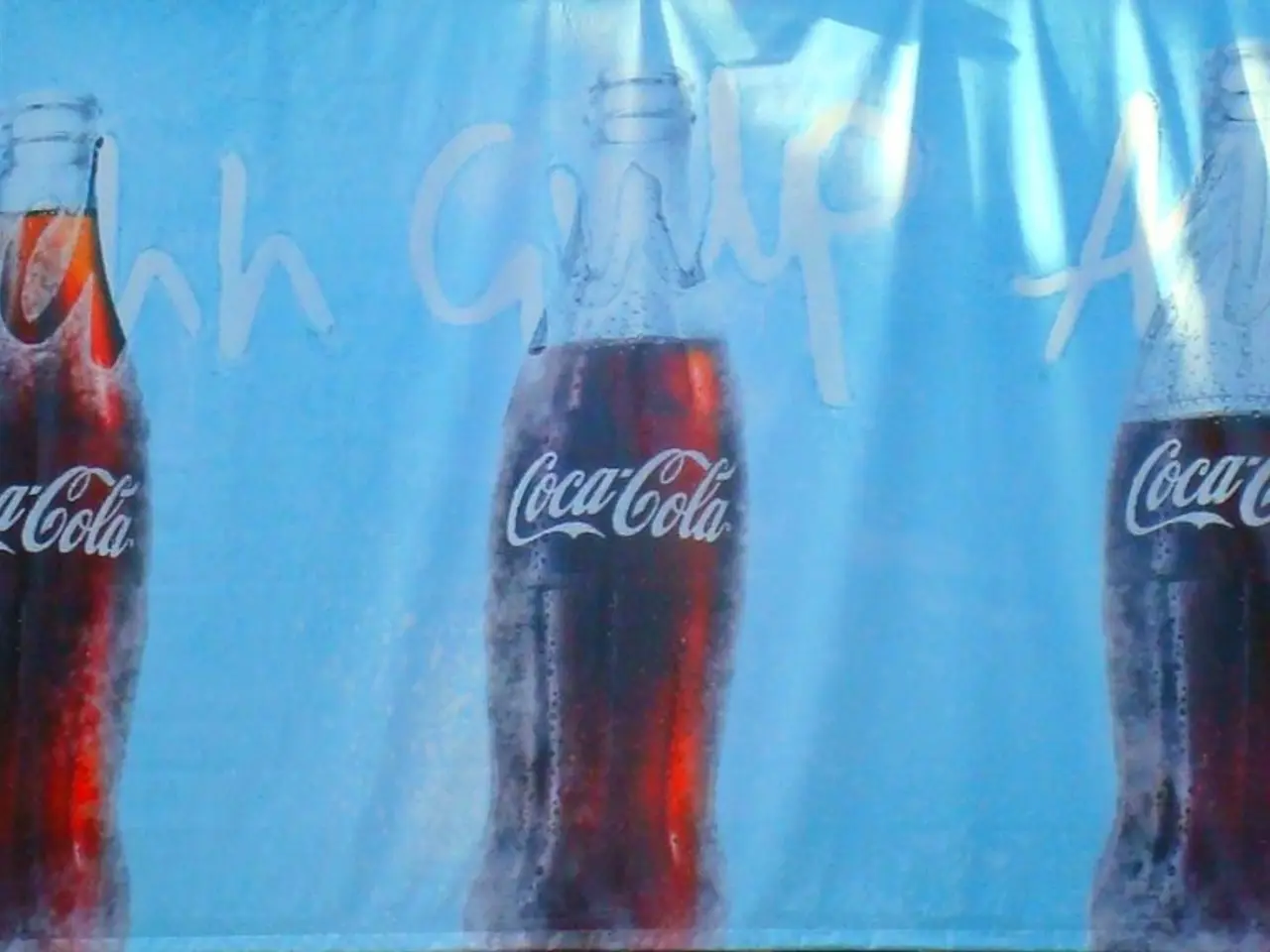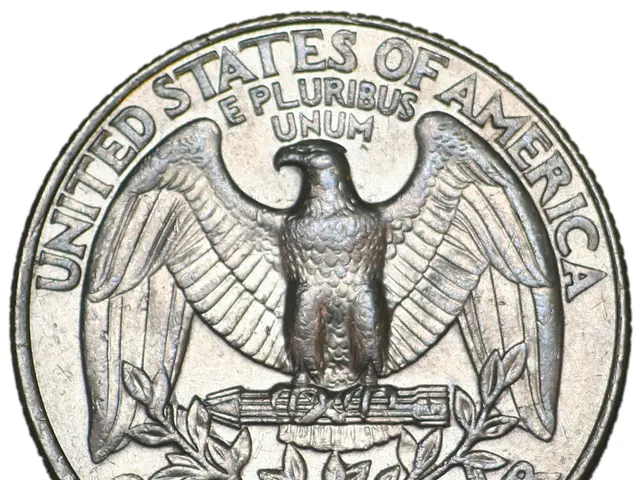Will the Shares of Coca-Cola Outperform the Market Continually?
In a year that saw the market fluctuate, one company that stood out was Coca-Cola. Despite underperforming the market for the past 30 years, Warren Buffett, through Berkshire Hathaway, has not sold his shares in the iconic beverage giant.
The strong performance of Coca-Cola in 2021 was driven by several factors. Revenue surged by 17.09% to $38.66 billion, marking a significant recovery from the pandemic-hit 2020. This growth was accompanied by a peak net profit margin of 25.28%, the highest in the past five years, reflecting operational efficiency and profitability improvements.
Coca-Cola's success can be attributed to strategic initiatives. The company expanded its product portfolio beyond traditional soft drinks, venturing into categories like coffee, alcoholic beverages, plant-based drinks, and value-added dairy. This diversification helped capture a broader consumer base.
Moreover, Coca-Cola invested heavily in digital advertising and AI-driven platforms, enhancing consumer engagement and brand relevance. The company's digital ad spend rose to 65% from 30% in 2019. Coca-Cola also expanded its presence in various international markets, adapting to changing consumer purchasing patterns post-pandemic.
The company's strong brand resilience and attractive dividend also played a significant role. Coca-Cola has maintained its dividend payouts for 63 years straight, yielding 2.9%. This, coupled with its renowned brand, helped maintain investor confidence, aiding its stock returns even during periods of broader uncertainty.
However, operational margin contraction and increased costs from strategic investments appeared in 2024. Yet, the 2021 results represented a peak phase of growth and profitability after years of relative underperformance.
Despite not being a growth stock, Coca-Cola offers value, protection, and an incredible dividend. The stock currently trades at a price-to-earnings ratio (P/E) of 27, slightly higher than its three-year average. In the 2025 second quarter, operating income increased by 15%, and comparable earnings per share (EPS) rose by 4% to $0.87.
The tariff issue has not had the expected negative effects on Coca-Cola due to trade deals. Coca-Cola, a company with $47 billion in trailing-12-month sales, is well protected against tariffs.
In summary, Coca-Cola's robust 2021 performance was due to recovering and accelerating revenue growth, peak profitability margins, and forward-looking strategic investments in product diversification and digital marketing, temporarily reversing a long trend of underperformance. The company's stability, dividend attractiveness, and brand resilience make it a potential investment choice for those seeking security and value, regardless of whether it beats the market or not.
[1] Data from Yahoo Finance [2] Data from Coca-Cola's 2021 Q2 Earnings Report [3] Data from Coca-Cola's 2021 Q3 Earnings Report [4] Data from Coca-Cola's 2021 Annual Report
Finance and investing played significant roles in Coca-Cola's robust 2021 performance, as the company's revenue surged and net profit margin peaked, driven by strategic initiatives such as product diversification, digital advertising, and entering new international markets. This growth was a departure from years of relative underperformance. The stability, dividend attractiveness, and brand resilience of Coca-Cola make it a potential investment choice for those seeking security and value, despite its slightly higher price-to-earnings ratio compared to its three-year average.
Coca-Cola offered protection against tariffs due to favorable trade deals, helping maintain its financial position.
Warren Buffett, through Berkshire Hathaway, continued to invest in Coca-Cola, despite the company underperforming the market for the past 30 years, reflecting his confidence in the iconic beverage giant's potential for future growth in the business world.





